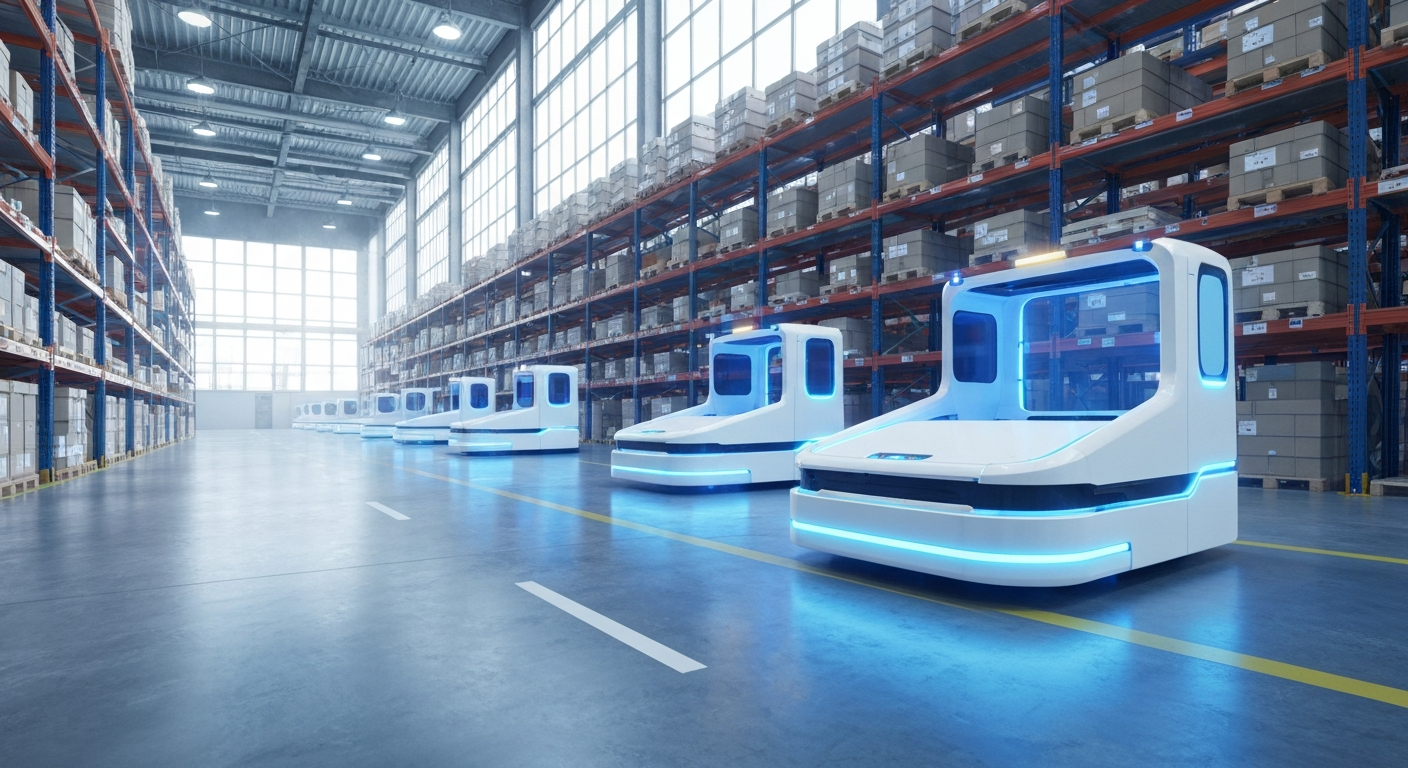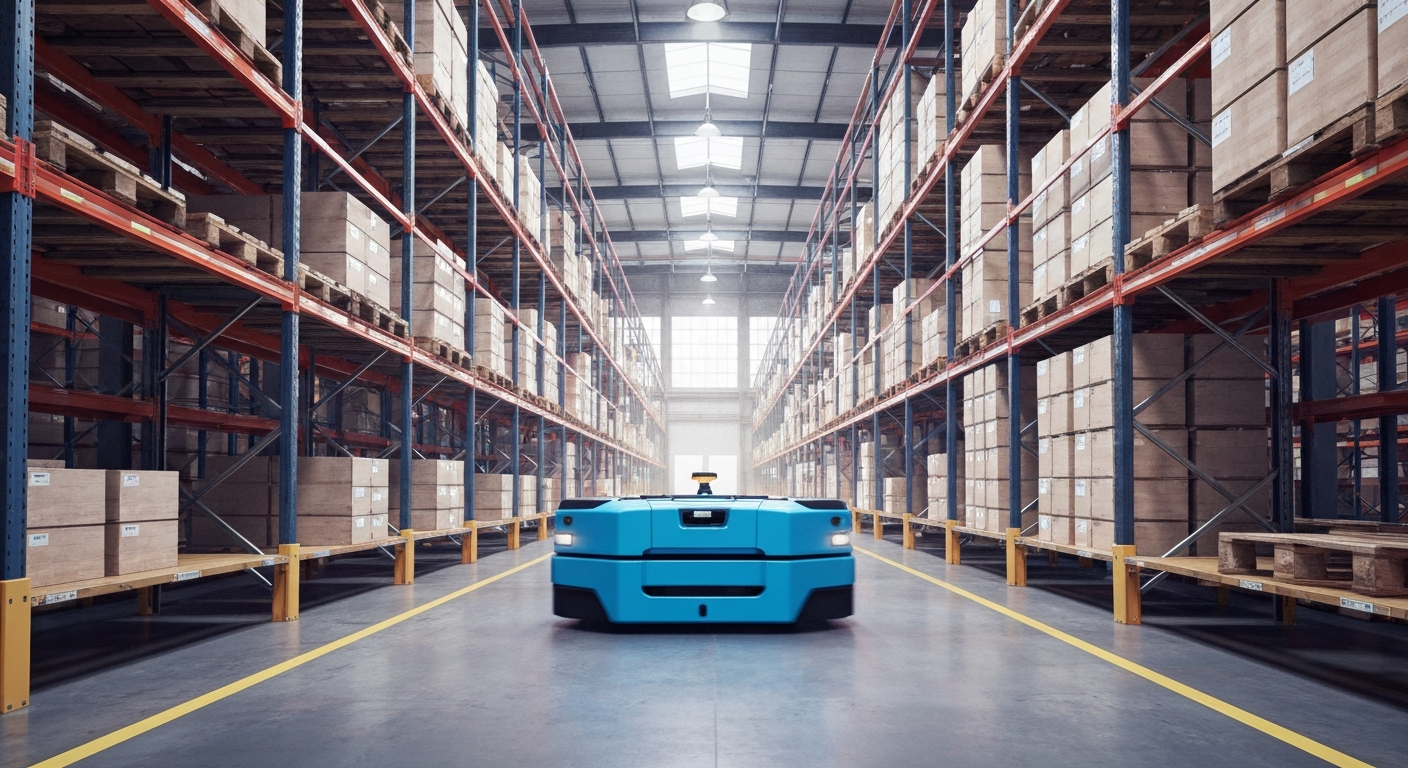It is of utmost importance to acknowledge and understand that Industry 4. 0 is not just a concept, but a tangible and transformative phenomenon that is already making waves across industries worldwide. Its influence can be witnessed in various sectors including manufacturing, healthcare, transportation, energy management, agriculture, and many others. This paradigm shift has brought about significant advancements in automation, data analytics, artificial intelligence (AI), and the Internet of Things (IoT), enabling businesses to optimize their operations, improve efficiency, enhance productivity, and create new opportunities for growth and innovation.
The Fourth Industrial Revolution is a significant and transformative era that is reshaping the way we produce goods and deliver services. It stands as a major shift in our approach to technology and its integration into various aspects of our lives. This revolution has the potential to not only drive economic growth but also act as a catalyst for innovation across industries. For businesses, governments, and individuals alike, it is crucial to adapt to this rapidly evolving landscape in order to stay competitive in an increasingly digitized world. Embracing the advancements brought forth by the Fourth Industrial Revolution can unlock new opportunities for growth and success. In this transformative era, businesses have the chance to leverage technological advancements such as AI, robotics, blockchain, and the Internet of Things (IoT) to streamline operations, enhance efficiency, and create value for their customers. Governments have the responsibility of creating policies that support innovation and provide a conducive environment for businesses to thrive in this digital age. On an individual level, adapting to this revolution means acquiring new skills that are in demand in today's job market. The ability to navigate through digital technologies will be essential for career advancement and remaining relevant in the workforce. It is evident that embracing the Fourth Industrial Revolution brings numerous benefits.
However, it also raises concerns about privacy, security, ethics, and inequality. As we navigate through this transformative era, it is important for all stakeholders involved - businesses, governments, organizations - to collaborate towards addressing these challenges while maximizing the opportunities presented by this revolution. In summary, the Fourth Industrial Revolution represents not just a technological change but a fundamental shift that impacts every aspect of our lives. By recognizing its potential for economic growth and innovation while adapting accordingly on both organizational and individual levels , we can navigate through this era successfully while ensuring sustainable progress in an increasingly digitized world





